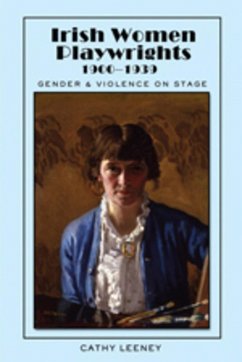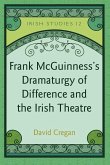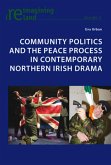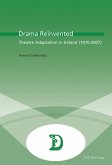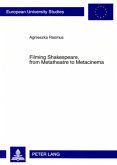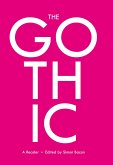Irish Women Playwrights 1900-1939 is the first book to examine the plays of five fascinating and creative women, placing their work for theatre in co-relation to suggest a parallel tradition that reframes the development of Irish theatre into the present day.
How these playwrights dramatize violence and its impacts in political, social, and personal life is a central concern of this book. Augusta Gregory, Eva Gore-Booth, Dorothy Macardle, Mary Manning, and Teresa Deevy re-model theatrical form, re-structuring action and narrative, and exploring closure as a way of disrupting audience expectation. Their plays create stage spaces and images that expose relationships of power and authority, and invite the audience to see the performance not as illusion, but as framed by the conventions and limits of theatrical representation.
Irish Women Playwrights 1900-1939 is suitable for courses in Irish theatre, women in theatre, gender and performance, dramaturgy, and Irish drama in the twentieth century as well as for those interested in women's work in theatre and in Irish theatre in the twentieth century.
How these playwrights dramatize violence and its impacts in political, social, and personal life is a central concern of this book. Augusta Gregory, Eva Gore-Booth, Dorothy Macardle, Mary Manning, and Teresa Deevy re-model theatrical form, re-structuring action and narrative, and exploring closure as a way of disrupting audience expectation. Their plays create stage spaces and images that expose relationships of power and authority, and invite the audience to see the performance not as illusion, but as framed by the conventions and limits of theatrical representation.
Irish Women Playwrights 1900-1939 is suitable for courses in Irish theatre, women in theatre, gender and performance, dramaturgy, and Irish drama in the twentieth century as well as for those interested in women's work in theatre and in Irish theatre in the twentieth century.

